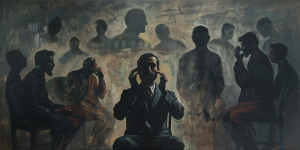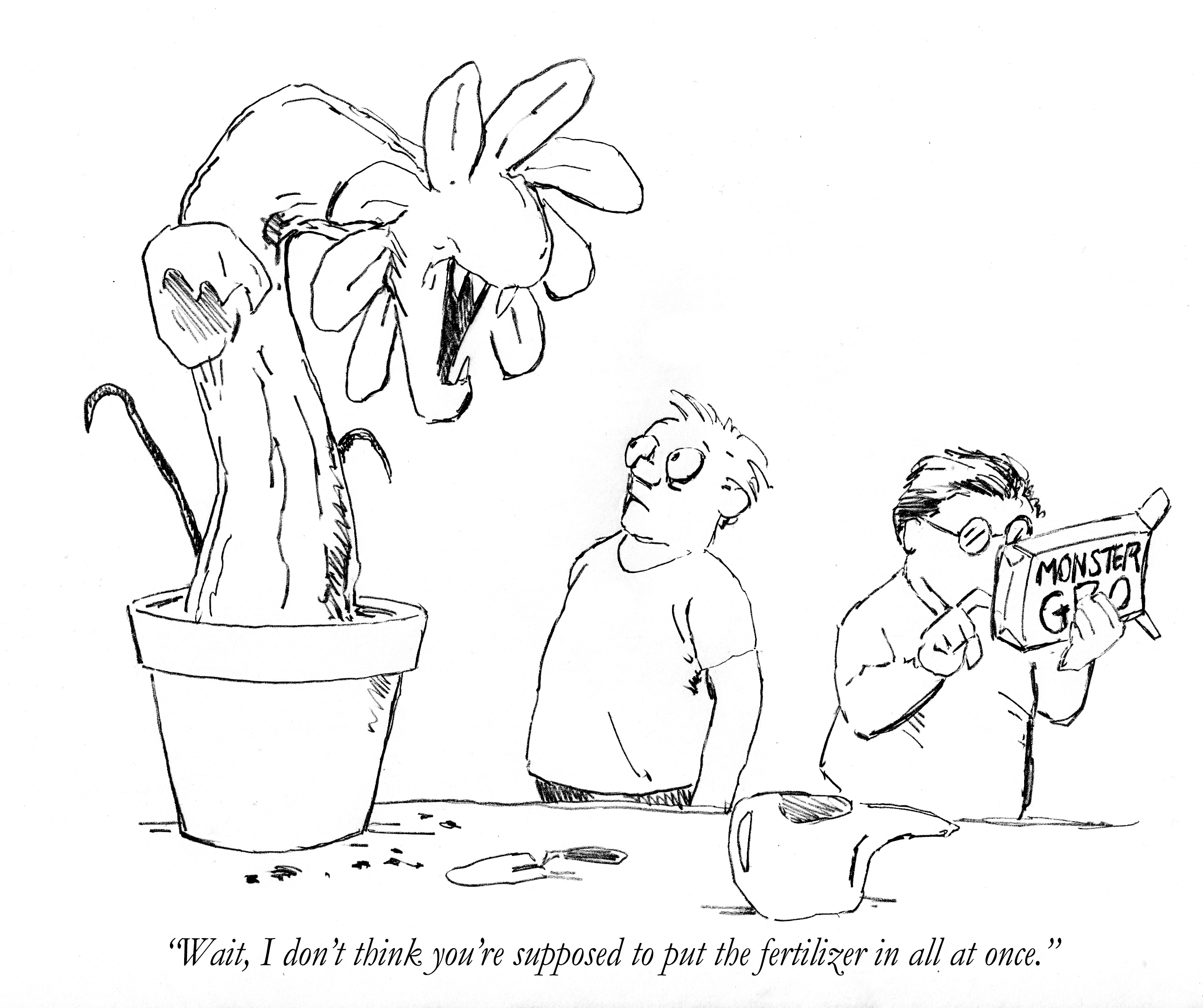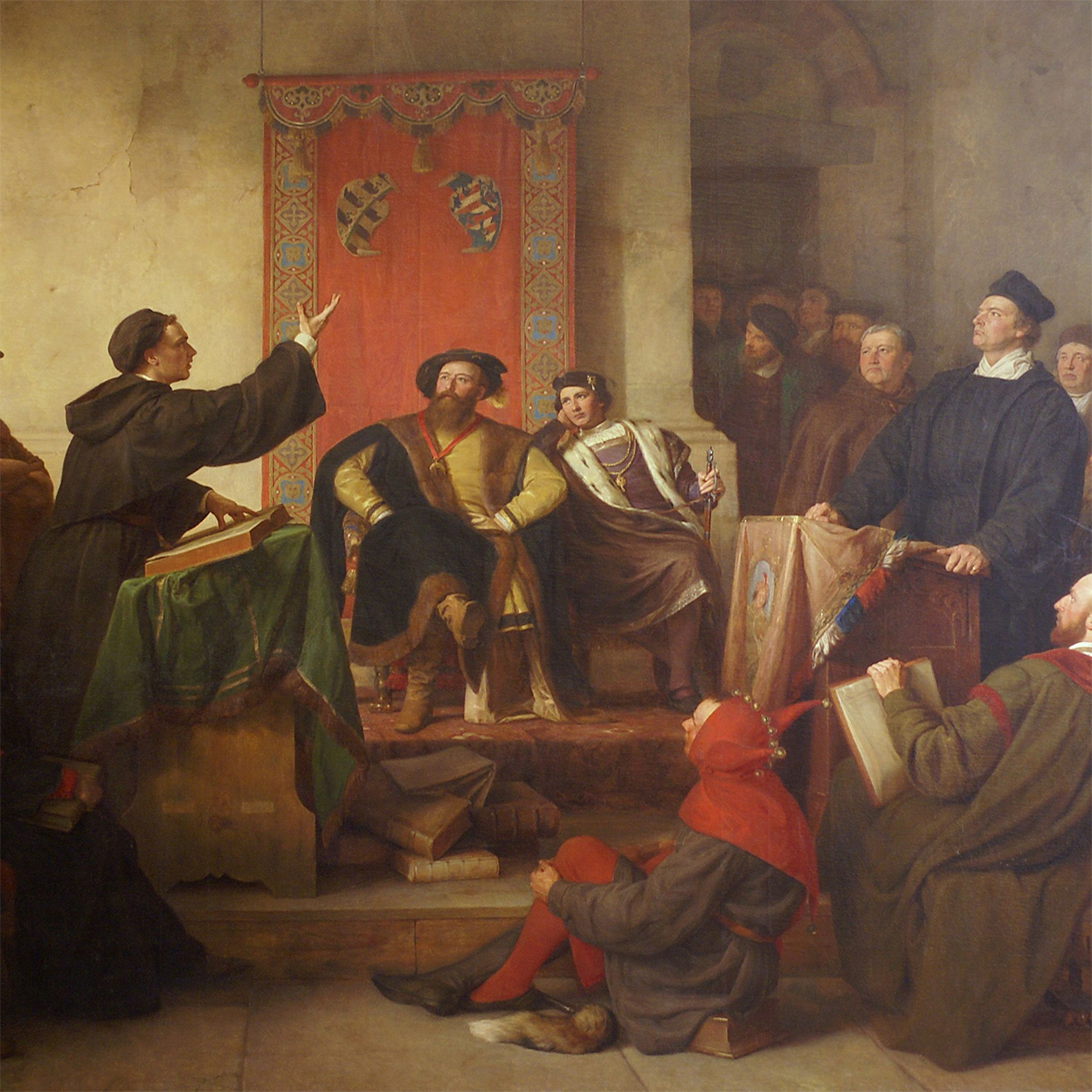Psychology, situated in the heart of the social sciences, offers a poignant example of the ongoing academic and cultural conflict between modernist scientism and postmodernist activism. Additionally, it provides a possible starting point for rescuing higher education from the ruination of these two corrosive traditions. As with all other disciplines routinely recognized as social sciences, psychology is perched in a peculiar and tense intellectual space, struggling continually to decide whether its true intellectual home is to be found among the humanities, especially philosophy and literature, or among the STEM disciplines. It is no secret that modern psychology suffers from a nasty case of “physics envy”—and, indeed, has done so since its academic inception in the late 19th century. It has been widely assumed that physics was the best science and, thus, manifestly worthy of disciplinary emulation. This idea led psychologists not only to apply the methods and aims of physics—specifically 19th-century Newtonian physics—to the study of human beings but also to feel scientifically inadequate when they inevitably fail to produce the sort of knowledge and level of prediction typically found in physics and other natural sciences. Despite persistently falling short of securing status as a natural science, the disciplinary faith of many remains strong that all philosophical objections to psychology’s scientific aspirations will eventually be put to rest. It is only a matter of time. Nonetheless, the existential pull of the humanities remains strong and insistent in both the theoretical and the practical arenas of the discipline, where one can find penetrating critiques of psychology’s scientific pretensions, as well as of the problematic moral implications of those pretensions.
In addition to feeling the constant push and pull of the humanities and the natural sciences, psychology is a key site where the intellectual tug-of-war between modernism and postmodernism plays itself out in academia. Scientism has a long history in mainstream psychology, manifest most clearly in the discipline’s abiding devotion to a positivistic philosophy of science and its attendant privileging of objectivism, reductive naturalism, the quantification of behavioral phenomena, deterministic explanation, and an essentially technical-utilitarian ethic. Postmodern activist thought and critical theories of all stripes have been steadily gaining ground.
Despite this long tradition of scientistic thinking in the discipline, however, postmodern activist thought and critical theories of all stripes have been steadily gaining ground in recent decades. At least since the latter half of the 20th century, deconstructionist, social constructionist, and critical theoretical perspectives have been increasingly advanced in some of the discipline’s most highly visible and influential venues. Many postmodern psychologists have not only articulated their own intellectual framework but have engaged in sustained and often penetrating critiques of the basic assumptions, practices, and therapeutic aims—not to mention the unacknowledged ideological, political, and moral commitments—of their more mainstream modernist counterparts.
Although difficult to characterize in any unitary sense, postmodern psychology—like postmodern thought generally—is often characterized as being “heterogeneous; it emphasizes differences and continual change of perspectives, and it attempts to avoid dichotomized or reified concepts.” It is, as one of its earliest and most influential voices has said, a psychology that not only manifests but encourages “a loss of belief in an objective world and an incredulity towards meta-narratives of legitimation.” Indeed, many postmodern psychologists call for a radical “de-centering of the subject,” focusing less on the individual psyche and more on the various contingent and local social forces, cultural contexts, and power structures that construct both persons as the sorts of psychological beings they are, and the “science” employed to study them. In this way, postmodern psychology “moves out of the archaeology of the psyche and into the cultural landscape of the present world . . . accepting the open, perspectival and ambiguous nature of knowledge and validation of knowledge through practice.” In so doing, the postmodern perspective in psychology necessarily encourages a “multi-method approach to research, including qualitative descriptions of the diversity of a person’s relations to the world and a deconstruction of texts that attempt to describe this relation.”
In recent years, in response to the discipline’s ongoing “replication crisis,” there has been an intensification of calls for improved scientific rigor, more precise methods of quantification, and stricter adherence to the canons of objectivity. At the same time, however, we have also witnessed increasingly fervent demands for the “decolonization of psychology” by encouraging greater activism to destabilize traditional scientific methods of inquiry and “decenter” psychology’s traditional focus on explaining the behavior of the decontextualized, individual Self.
Unfortunately, it is not clear how heeding both of these calls could lead the discipline toward any greater theoretical or methodological coherence. Indeed, the “contest of wills” taking place between the modern, scientistic vision of psychology and the postmodern, activist one only seems to be demonstrating the inability of both approaches to seriously address the discipline’s deepest and most pressing questions. Indeed, both perspectives seem to be advancing the spread of the cynical nihilism each ultimately entails. In as much as neither modernist scientism nor postmodern activism is capable of adequately articulating a viable account of what it means to be a human being or providing any fruitful answer to why anything we do genuinely matters, both are incapable of sustaining meaningful psychology. And, insofar as that is the case, both traditions are equally unworthy of our intellectual allegiance.

None of this is meant to imply that psychology, per se, is unworthy of serious intellectual investment. On the contrary, I am convinced that psychology, broadly conceived, is uniquely situated to provide us with a genuinely safe haven from which to begin to reclaim the greater educational and character formation mission of the university. The psyche is the foundational condition for human “being.”
Ultimately, the psyche, the human soul, refers to our nature as embodied moral agents—intentional, purposive, meaning-making, relational beings who are always already “underway” in a world of possibilities suffused with moral significance. More than just a “study of” (fill-in-the-blank), as it is typically defined in introductory textbooks, the logos of psychology reminds us that psychology is best understood as reasoned discourse about the soul in the context of, and always guided by the truth. It is in this sense that psychology is the study of the soul, and, therefore, it is the study of the whole human person. Understood in this broad sense, then, psychology is nothing less than the rigorous and relentless pursuit of truth regarding the nature of human nature, of what it means to be human, to be a soul.
Once understood this way, it is possible to see psychology as a foundational discipline. As a foundational discipline, psychology provides a platform of concerns and a direction of inquiry from which we can work outwards and reclaim higher education and our larger culture from the nihilism, relativism, and cynicism that both modernist scientism and postmodernist activism have infused into our world. Rather than looking to either physics (scientism) or political ideology (activism) to ground psychology as an intellectual pursuit, the approach I am suggesting here seeks first to ground all inquiry into all human endeavors in rational, informed, imaginative discourse about the soul as our very embodied, agentic, and moral being, and always in light of the reality of knowable truth, goodness, and beauty.
Psychology, thus conceived, can be seen as foundational to physics and politics, as well as all other intellectual and practical endeavors, because such pursuits are fundamentally human pursuits and flow out of particular understandings of the human soul and human purpose. To forget this simple truth, however, all but ensures that the perils—and subsequent ruins—of scientism and ideological activism will be unavoidable. Only a psychology that takes the unique reality and possibilities of the human soul seriously will be a psychology capable of genuinely enlightening us about ourselves, our world, and its meaning. Further, only such a psychology is sufficiently secure and intellectually vibrant to contribute meaningfully to the redemption of higher education by calling us back to its original and most noble and meaningful purpose: the truthful enrichment of the whole person and the crafting of flourishing souls.
In conclusion, then, if we are to redeem higher education from the moral and intellectual muddle into which it has descended and, in so doing, save it from itself, a radical return to foundational principles is in order. Where skepticism, cynicism, and moral and epistemological relativism have come to reign, we must do all we can to demonstrate the insufficiency and implausibility of such things and expose their inherent contradictions and inconsistencies. We must carefully and relentlessly make the case for truth as the very substance of moral agency and the possibility of real meaning and purpose that flows therefrom. The endeavor must occupy the university as a whole and must span across and animate every discipline, from the humanities through the social sciences and even the physical sciences. Only with a core commitment to the pursuit of truth in its own right can higher education transcend the temporary, political, and random fluctuations of natural history to create the proper environment wherein human freedom can be nurtured, guided, and enlarged. Because this is a fact, “now we must” do, act, or be.
The horrors of the 20th century and the pervasive and angry discord of the 21st stand as profound testimony to the inability of either modernist scientism or postmodernist activism to lift the human spirit beyond the immediate. In place of the metaphysics of power and the ethics of nihilism, the university must strive to reorient and ground itself with stable sources of both intellectual and spiritual fortitude and, thereby, develop a rejuvenating resolve to stand firm in defense of the truth of human being and human possibility. To do any less is to abandon ourselves and our future, and our children’s future, to the final stages of moral, cultural, spiritual, and intellectual implosion—out of which only chaos and barbarism can arise. If higher education is to be redeemed from its fatal follies, we must go forward in love and humility, with rigor and care and conviction, to make the best case we can for a viable vision of human freedom, a vision rooted in education as truth-telling and moral action.
















